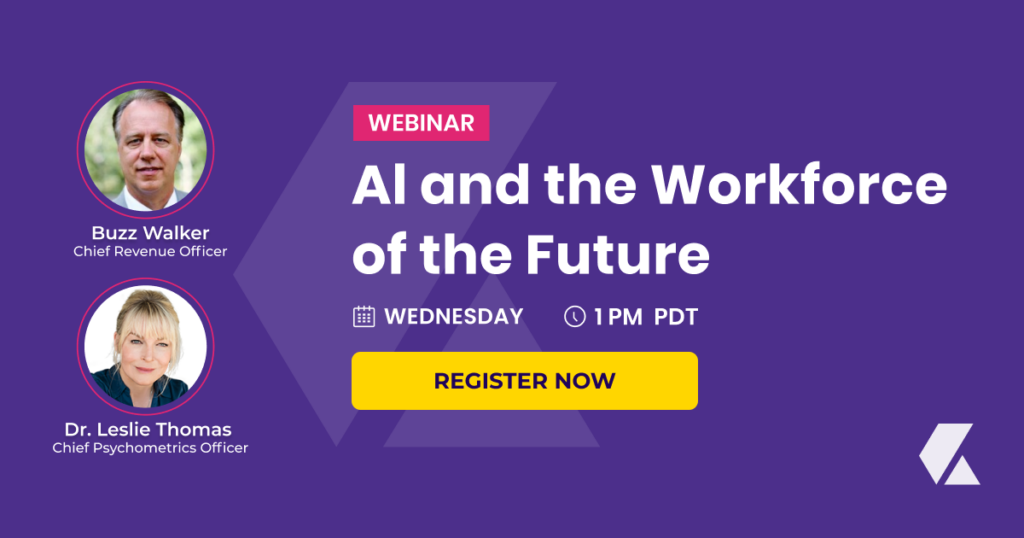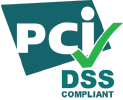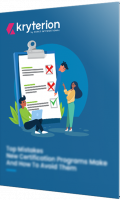What place does credentialing play in a workforce disrupted by seismic shifts in local, regional and global job markets? In this article we explore credentials and the changing future of work.
What happens when job roles change dramatically or outright disappear?
If all this sounds a bit apocalyptic, take heart. The world isn’t ending.
But the world of work, as we know it, is absolutely changing
According to the World Economic Forum, a think tank in Geneva, Switzerland, industrialized countries are already in the midst of a Fourth Industrial Revolution, often abbreviated 4IR.

4IR is driven by the fusion of technologies such as artificial intelligence (AI), ubiquitous high-speed Internet, robotics, the Internet of Things (IoT) and biotechnology.
IoT, by the way, is the world of Internet-enabled devices in everyday life like thermostats, cars, clocks, home-security systems, etc.
According to trainingindustry.com, 4IR is transforming entire systems of production, management and governance and changing the way products are envisioned, manufactured, distributed, acquired and consumed.
So, why should you care?
Perhaps the most-discussed downside of 4IR relates to unemployment, specifically, workers rendered redundant due to robots, AI, machine learning and/or automation.
All industrial revolutions create and destroy jobs, but research on the early impact of 4IR suggests that today’s new industries are creating relatively few positions, a mere 0.5% of the U.S. workforce.
By comparison, new industries that emerged in the 1990s posted new-job creation equivalent to 4.4% of the U.S workforce. For new industries in the 1980s, the rate was 8.2%.
Moreover, the types of jobs being created in today’s new industries tend to require higher levels of education and specialized study, while those being destroyed involve physical or routine tasks.
Timing is everything
All is not lost. The World Economic Forum projects that half of today’s core jobs, the ones that make up the bulk of employment across industries, will remain stable in the period up to 2022.
Still, considerable global employment churn is expected.
Between now and 2022, 133 million new jobs on planet Earth are projected to emerge that are more adapted to the shift in the division of labor between humans, machines and algorithms. At the same time, 75 million jobs may be displaced by that same shift.
True, that’s a net job gain of 58 million, but the 75 million displaced workers—disproportionately represented by older and lower-income cohorts—may not feel like celebrating.
Timing is critical here because massive job displacement could well precede the massive job creation.
Where’s the bright spot in all of this?

The changing skills landscape highlights the importance of reskilling. Per the World Economic Forum, the average worker will need 101 days of learning to reskill for the future. Depending on the specific job role, others may need six months to a year.
While higher education will sense its own role in preparing the workforce for 4IR, employers will likely take the lead in upskilling/reskilling their own employees. Corporate learning and development will become more prominent and essential for ensuring that the company remains competitive.
And for those who lost their jobs? Fast, concentrated and affordable professional development options will be in demand.
This includes certifications, micro-credentials, boot camps, certificates, badges, mentorships, apprenticeships and more. These non-traditional options for professional development will likely be seen as more nimble, affordable and more up-to-date than formal curriculums in higher education.
In the end, 4IR will be a wake-up call to the global workforce that, going forward, regular retraining and reskilling will be a constituent part of career maintenance and management.
Is your credentialing program ready for 4IR?
Kryterion would love to hear about your credentialing plans for 2020 or for 2022. Feel free to contact us here!








